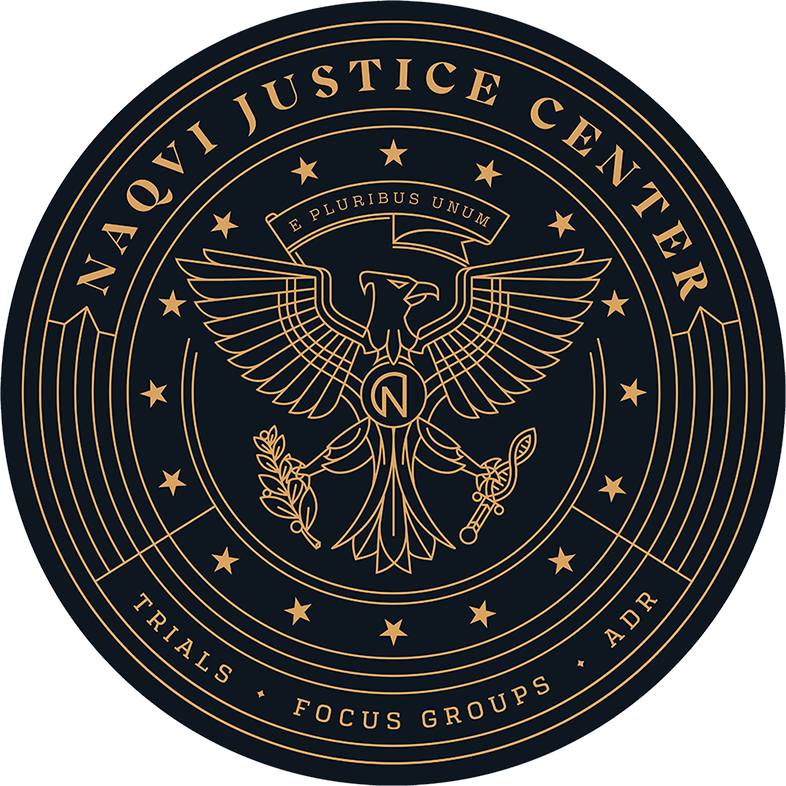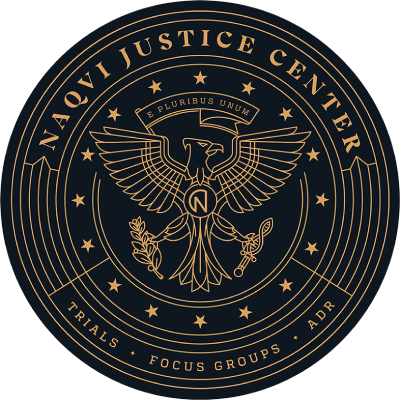An argument over groceries that began at the cash register spilled over into a Neighborhood Walmart parking lot, where two people were shot.
An irate customer shot a store employee in the parking lot. During a scuffle between the customer and two employees, the gun went off again. None of the surrounding customers were injured.
None of the names were released.
Indirect Injuries in Nevada Premises Liability Cases
For many years, courts consistently held that Walmart and other property owners had no legal responsibility to protect people against third-party crime, reasoning that it was simply impossible for these owners to protect against such a remote possibility. Recently, judges have modified that rule, giving more victims an opportunity to obtain more compensation.
There are two main rules. First, the victim must be an invitee. This requirement is a modification of the old “special relationship” doctrine in the prior law. In Nevada, invitees are individuals who have either express or implied permission to be on the land and whose mere presence conveys a benefit to the owner. That invitation could be “come over to my house next Friday” or walking through a door with an “Open” sign; the benefit could be commercial (e.g. shoppers and window-shoppers) or non-commercial (the social interaction that comes from having visitors).
Second, the third-party act must be foreseeable. In other words, the owner must be aware of the potential for that kind of injury at that particular location. Evidence of foreseeability includes:
- Prior crimes in the area,
- Dangerous conditions at the location, such as a burned-out security light, and
- Prior criminal activity at that location.
In the case of the Walmart shooting, the most recent shooting was probably foreseeable. The shooter and the clerk had argued before, and it is certainly foreseeable, however unlikely, that an ongoing feud could turn violent. Second, this part of the East Valley is rather dangerous. Last December, there was a triple homicide in this roughly this same area.
Damages in premises liability cases include compensation for both economic losses and noneconomic losses, such as medical bills or pain and suffering. Additional punitive damages may be available as well, if there is clear and convincing evidence of extreme recklessness on behalf of the property owner.
Direct Injuries in Nevada Premises Liability Cases
Even if the victim was not an invitee, compensation may still be available, if the injury occurred because of a defective condition at the property, such as a wet spot on the floor or an uneven walkway. Nevada law also recognizes two other classes of victims.
- Licensees: These individuals have express or implied permission to be on the property, but the owner does not obtain a benefit. Certain social guests, such as guests of apartment tenants, are licensees. The owner must warn these individuals about any latent (hidden) defects that could cause injury, but no other legal duty applies.
- Trespassers: If the victim has no permission and the owner receives no benefit, the owner has no duty. There are some exceptions, such as the attractive nuisance doctrine. Under this rule, owners owe a duty of care to child trespassers who wander onto someone else’s property, in some situations.
In all these cases, the victim/plaintiff must establish negligence by a preponderance of the evidence (more likely than not).
Rely On an Experienced Lawyer
Property owners have a responsibility to keep customer and employees safe from third-party crimes. For a free consultation with an experienced personal injury attorney in Las Vegas, contact Naqvi Injury Law. An attorney can connect victims with a doctor, even if they have no money or insurance.

